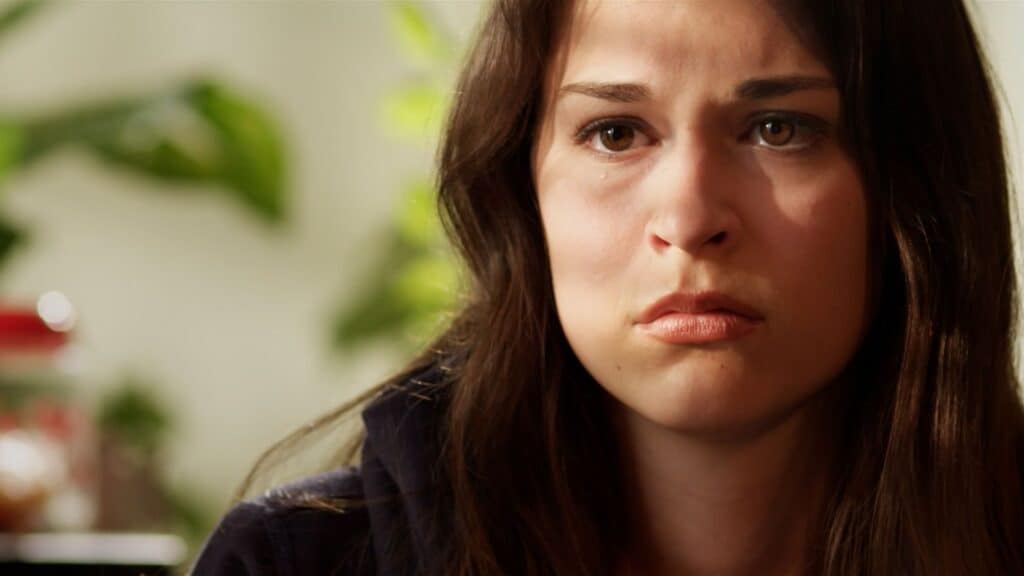For centuries, Christians and scholars have wondered: Did Jesus receive a fair trial?
Many Bible scholars and theologians have come to believe that the trial was illegal and unjust. Why? Because there were many irregularities displayed by the Sanhedrin during Jesus’s trial and conviction.
A Case for Christ: Did Jesus Receive a Fair Trial?
Considering modern legal principles and ancient Hebrew law, the legality of Jesus’s trial is questionable. Why?
- Jesus’s apprehension was illegal.
The night Jesus was arrested, although there had been complaints against Him, no formal charges or warrants were presented for His arrest. The priest and elders came to the scene with the Roman officers simply to arrest him—and privately, so that no one would be able to challenge their actions.
- Strobel, Lee (Author)
- English (Publication Language)
“In that hour Jesus said to the crowd, ‘Am I leading a rebellion, that you have come out with swords and clubs to capture me? Every day I sat in the temple courts teaching, and you did not arrest me.'”
Matthew 26:55
- The trial was held at night.
This was illegal because it went against ancient Jewish law. Court proceedings were to start at or after sunrise but not past sunset.
But the reverse was the case for Jesus. He was illegally arrested and his trial was held at night. The Jewish leaders broke their own law by doing so.
- The allegations against Jesus were untrue.
Those who stepped in as witnesses could not provide credible evidence for their accusations. The Sanhedrin listened to and agreed with them, yet by modern legal standards, their testimonies shouldn’t have been admissible in court.
Furthermore, Caiaphas, the high priest, pronounced judgment on Jesus for the crime of blasphemy, not because of a past accusation but because of what Jesus said during His trial. If a crime wasn’t committed until the trial was already in progress, why had Jesus been brought before the Sanhedrin in the first place?
“Then the high priest tore his clothes and said, ‘He has spoken blasphemy! Why do we need any more witnesses?'”
Matthew 26:65
- There was no common agreement on His crime.
Between the two major stages of Jesus’s trial—His appearances before the Jewish council and before Pontius Pilate, the Roman governor—there was no consistent agreement on the charges against Him. The Jewish council first accused Him of blasphemy, but before Pilate he was accused of inciting riots and claiming to be king.
Focus on the Resurrection
Did Jesus receive a fair trial? Logically, it doesn’t seem that way. In fact, His death seems to have been a terribly unjust crime.
However, Christ’s death was no coincidence. Our focus shouldn’t be on whether it was fair or not, but on the result of His death and resurrection—our salvation. The death of Christ, though the result of an unjust sentence, fulfilled God’s master plan to redeem all humanity to Himself.
Let us rejoice and take advantage of the gift of salvation in the death of Christ as we live for Him every day, knowing that He loved so much that He subjected Himself to shame, injustice, and death for us to be saved.





















Leave a Comment